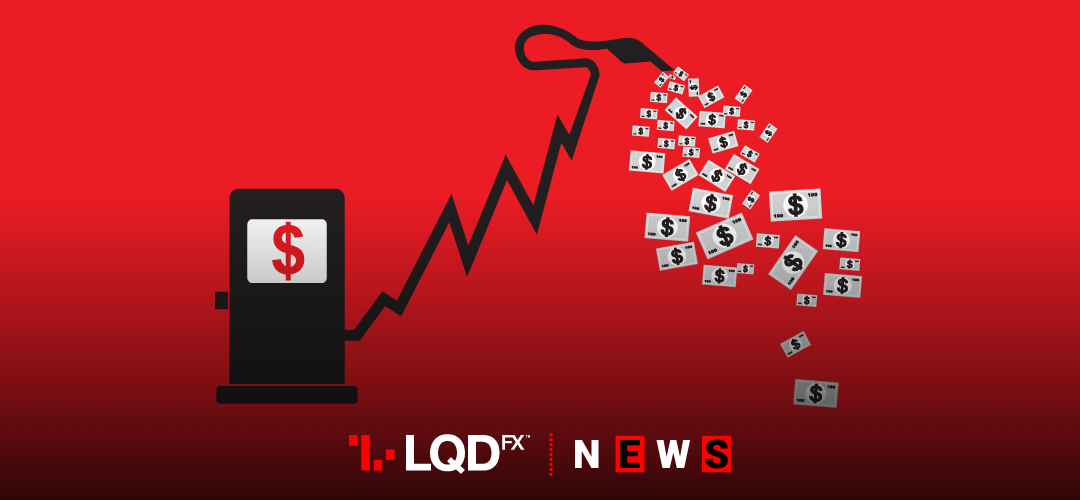Suspected attacks on two tankers off the coast of Iran saw oil markets erupt out of their recent slump on Thursday. Traders retreated to ultra-safe government bonds, gold and the Japanese yen.
The Marshall Islands-flagged Front Altair carrying naphtha and the Panama-flagged Kokuka Courageous carrying methanol have been evacuated. The crews were safe, shipping sources said. The incident followed last month’s nearby sabotage attacks on vessels off the Fujairah emirate.
Tensions in the Middle East have escalated since U.S. President Donald Trump withdrew from a 2015 multinational nuclear pact with Iran. US President reimposed sanctions, notably targeting Tehran’s key oil exports.
Brent surged as much 4% after reports of the attacks added to already heightened tensions between Iran and the United States. The area is near the Strait of Hormuz through which a fifth of global oil consumption passes from Middle East producers.
The crude spike helped Europe’s oil producers pull stock markets there higher and lift Wall Street futures. There were also some stellar gains in the telecoms sector as Germany dished out new 5G mobile network licenses. Given that oil was at five-month lows on Wednesday, people were taking precautions in case it might escalate into something more serious.
Oil prices jumped as much as 4% on Thursday after a suspected attack on two tankers in the Gulf of Oman near Iran. Brent crude futures were up $1.91, or 3.18%, at $61.88 a barrel by 1039 GMT. WTI crude futures were up $1.42, or 2.78%, at $52.56 a barrel. WTI earlier rose as much as 3.85% to $53.11.
START TRADINGForex – Suspected attacks on Gulf tankers boost oil
Massive street protests in Hong Kong, drove investors into safe-haven assets.
The dollar edged lower, the index hitting 96.965 after softer-than-expected inflation numbers published on Wednesday. The greenback hit its lowest since late March on Monday as expectations grow that the Fed will soon cut rates.
The euro was little changed at $1.1287.
Sterling slipped, extending Wednesday’s losses on uncertainty over Brexit. British lawmakers defeated an attempt led by the opposition Labour Party to try to block a no-deal Brexit. The pound was down 0.2% at $1.2662, close to a one-week low of $1.2653 hit on Monday. It was down 0.2% against the euro at 89.2 pence.
The Swiss franc rose 0.2% to 1.1215 francs per euro after the Swiss National Bank said it could further relax its ultra-loose monetary policy. However, it did not sound as concerned about the economic outlook as some analysts had expected.
The Australian dollar was the big loser on Thursday after mixed employment data raised expectations for an interest rate cut. Investors nerve about suspected attacks on two oil tankers in the Gulf of Oman supported demand for the Japanese yen. The Australian dollar, viewed as a barometer for global investor sentiment, fell 0.3% to $0.6901, a two-week low. Against the yen the Aussie tumbled 0.5% to its weakest since January before hitting 74.89, down 0.4%.
The yen also rallied on Thursday as fading hopes for a U.S.-China trade deal at this month’s G20 meeting. The yen rose to as high as 108.16 yen per dollar before settling at 108.44, up 0.1% on the day. Against the Australian dollar it soared to its highest since a January flash crash.
PLEASE NOTE The information above is not investment advice.
Sources: Reuters, Investing, CNN money
